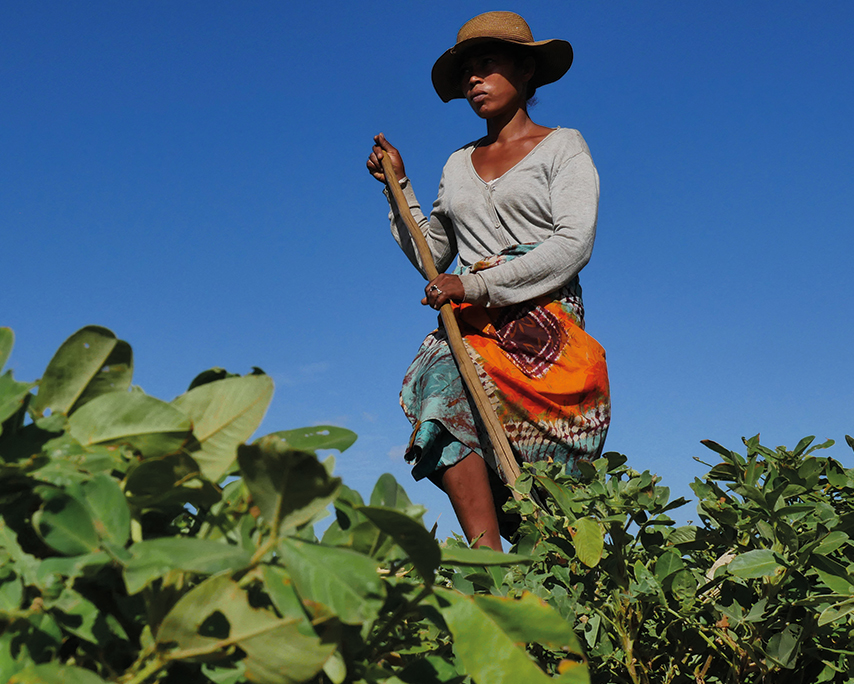International Day of Biological Diversity
Reclaiming indigenous knowledge to protect Africa
Traditionally, in Africa, the health of an ecosystem could be read in the flight paths of birds, the migration of wild animals, the movement of ants, the arrival of pests, or even the shifting patterns of clouds and wind. These natural indicators offered more than just survival cues. These were not myths or superstitions but finely honed ecological insights built over generations of close observation and respectful coexistence. They were profound lessons in the meaning of biodiversity and the deep respect for nature. They taught our ancestors how to observe, preserve, and live harmoniously with the ecosystems.
Today, as Africa faces escalating threats to biodiversity, such as deforestation, climate change, soil degradation, and species loss, these traditional knowledge systems are more relevant than ever. But how do we use them, and what do they mean in modern contexts?
Africa’s traditional ecological knowledge reflects a worldview in which humans are part of, not separate from, nature. This is critical today, as modern development often frames nature as a resource to be used rather than a system to be maintained. There is a need to revive cultural practices that promote sustainability, like rotational farming, sacred groves, and seasonal taboos. For creatives, this would mean incorporating ecological knowledge into arts, rituals, and storytelling to maintain intergenerational memory and respect for nature. It could also mean redefining progress in terms of economic output and harmony with the environment.
While traditional knowledge may not always be documented academically, it offers real-time, place-based data that science often lacks. It can complement modern environmental monitoring systems. Here, we must encourage community-led biodiversity monitoring using both traditional signs and scientific tools and build research partnerships where elders and local ecologists work alongside scientists. Regions can then use this information to create hybrid data systems that combine satellite imagery with indigenous indicators like tree blooming patterns or animal migrations.
Despite its value, indigenous ecological knowledge is rarely recognised in policy frameworks or national conservation strategies. This must change if we want policies that truly work on the ground. We must include traditional ecological knowledge in environmental impact assessments and national biodiversity strategies. We should also design conservation areas co-managed with Indigenous custodians and offer legal protection for communities practising traditional stewardship.
What is increasingly becoming true is that young Africans are increasingly disconnected from nature, growing up in urban areas with little exposure to traditional ecological systems. Yet, they will inherit the environmental challenges of the future. It is time we integrate indigenous environmental knowledge into school curricula as science, not folklore. We must encourage and support youth-led conservation projects that merge tech with traditional wisdom, like drone monitoring informed by seasonal animal behaviour.
As the world looks for sustainable models, Africa must realise it already holds one, rooted in its ancestral knowledge. Besides choosing between tradition and innovation, this should be about building a future where both speak to each other.
To protect biological diversity, we must first protect the cultural systems that understand and sustain it. And that means treating elders as data sources, communities as partners, and nature not as a backdrop but as a living participant. The key thing to remember is that sometimes, the most advanced insight is ancient, and the best way forward is to look back wisely.



